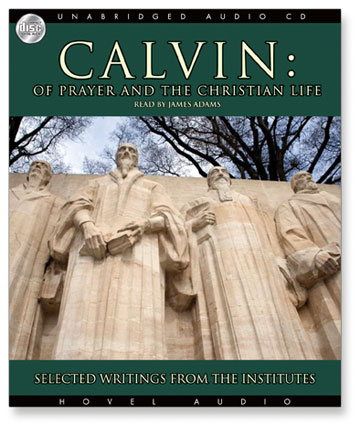Ward Blanton
Displacing Christian Origins: Philosophy, Secularity, and the New Testament
Reviewed by Clare K. Rothschild
Marcus J. Borg and John Dominic Crossan
The Last Week: A Day-by-Day Account of Jesus’s Final Week in Jerusalem
 Reviewed by Craig L. Blomberg
Katherine J. Dell
Opening the Old Testament
Reviewed by Bill T. Arnold
Reviewed by George Heider
Brad E. Kelle and Megan Bishop Moore
Israel’s Prophets and Israel’s Past: Essays on the Relationship of Prophetic
Texts and Israelite History in Honor of John H. Hayes
Reviewed by Lena-Sofia Tiemeyer
Jens Kreinath, Jan Snoek, and Michael Stausberg, eds.
Theorizing Rituals: Issues, Topics, Approaches, Concepts, Annotated Bibliography
Reviewed by Brian B. Schmidt
Daniel A. Smith
The Post-Mortem Vindication of Jesus in the Sayings Gospel Q
Reviewed by William Arnal
Fred Strickert
Rachel Weeping: Jews, Christians, and Muslims at the Fortress Tomb
Reviewed by Samuel Thomas
Emily Teeter and Douglas J. Brewer
Egypt and the Egyptians
Reviewed by Roxana Flammini
Ben Zion Wacholder
The New Damascus Document: The Midrash on the Eschatological Torah of
the Dead Sea Scrolls: Reconstruction, Translation and Commentary
Reviewed by Gregory L. Doudna
Jürgen Zangenberg, Harold W. Attridge, and Dale B. Martin, eds.
Religion, Ethnicity and Identity in Ancient Galilee: A Region in Transition
Reviewed by Christoph Stenschke





